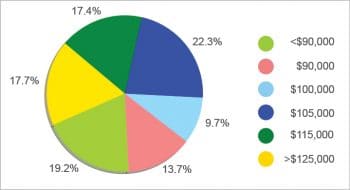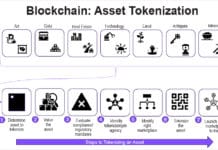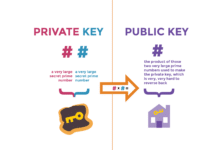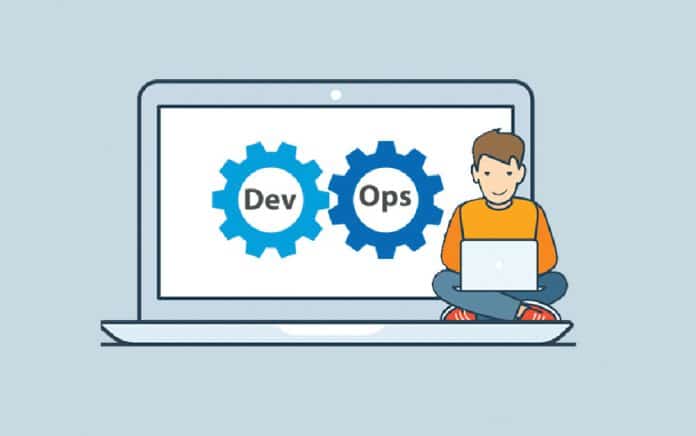DevOps is the new buzzword in the IT field, following Agile and Scrum. People with DevOps skills are in great demand because businesses get great results from it. Let’s explore what DevOps is all about, what DevOps engineers do, and how readers could build careers in this space.
DevOps is a combination of software development techniques that combine software development (Dev) and IT operations (Ops) to enable the delivery of features, bug fixes and updates more frequently – all of which are aligned with business requirements. In simple language, we can say that DevOps cuts down the software development life cycle timeline.
Does this mean DevOps and Agile are related?
While from the definition perspective, both terms look pretty similar or are almost synonyms, in reality, they differ. Agile bridges the communication gap between customers/stakeholders and developers, while DevOps brings together developers and IT operations/infrastructure. More specifically, DevOps focuses on the deployment of developed software, irrespective of methodology — Agile or traditional (Water Fall).

DevOps processes
DevOps itself includes the regular software development life cycle steps, in the following order.
- Coding: Code development and review, source code management tools and code merging
- Building: Continuous integration tools and build status
- Testing: Continuous testing tools that provide feedback on business risks
- Packaging: Artefact repository and application pre-deployment staging
- Releasing: Change management, release approvals and release automation
- Configuring: Infrastructure configuration and management, as well as ‘infrastructure as code’ tools
- Monitoring: Applications performance monitoring and end user experience
The role of the delivery pipeline in DevOps
Continuous integration and continuous delivery are the most important components of DevOps. Continuous delivery (CD) is a software strategy that enables organisations to deliver new features to users as fast and as efficiently as possible. The core idea of CD is to create a repeatable, reliable and incrementally improving process in order to take software from concept to customer. The goal of continuous delivery is to enable a constant flow of changes into production via an automated software production line. The CD pipeline is what makes it all happen.

What makes a DevOps team?
1. Product owner : This person is at the intersection between the team and the customer, and is the one who understands how the app should run to deliver value to the users and what cloud infrastructure is needed to support the app in production. This person could be on the customer side, or on an outsourced DevOps team, depending on the project requirements and other factors.
2. Team lead : This is a position held by the most experienced team member, who can analyse the required skillset for each project and delegate the DevOps responsibilities across the team.
3. Cloud architect: This person should have ample hands-on experience with building cloud infrastructures and understanding what is to be included to support various types of apps and services, in production.
4. Site reliability engineer (SRE) : This is the DevOps specialist who concentrates on ensuring a stable performance and uninterrupted availability of high-load apps across large-scale systems.
5. DevOps systems administrator : This is one of the main DevOps roles, as cloud monitoring accounts for more than half of all DevOps tasks and time.
Each team member has to be able to handle the support tasks, yet these are the key players for the support administrator.

Educational background for DevOps Jobs
If you are aspiring to make a career in DevOps, you must be strong in the concepts of the software development life cycle, including software development basics and automation testing fundamentals. In order to proceed further, you must attain certification courses.
Some popular certificate courses available in the market are listed below.
DevOps foundation course: Given below are the learning objectives of the course:
a. DevOps objectives and vocabulary
b. Benefits to business and IT
c. DevOps link to Agile and Scrum
d. Improved workflows and communication
e. Automation practices including deployment pipelines
DevOps leader: Listed below are the learning objectives of the course:
a. Key differences between DevOps IT and traditional IT
b. Understanding performance and culture
c. Designing a DevOps organisation
d. Defining meaningful metrics
e. Popular tools and key practices
DevOps security engineer: Shown below are the learning objectives of the course:
a. Key differences between DevOps security and other security
b. Business-driver security strategies
c. Integrating security into continuous delivery workflow
Continuous delivery architect: Listed below are the learning objectives of the course:
a. Design of modular and microservices
b. Continuous integration
c. Learning practices of continuous testing
d. Monitoring and analysis infrastructure
Agile certified product owner: Shown below are the learning objectives of this course:
a. Product owner’s roles and responsibilities
b. Creating and utilising user stories
c. Managing and prioritising process backlog
d. Collaborating with stakeholders and other process owners
e. Monitoring and measuring processes

What makes anyone an ideal DevOps engineer?
Apart from day-to-day regular DevOps skills, one must possess the following skills to stand ahead of the crowd.
Flexibility: Coding is an ever-changing and continuous process, where learning new things is always important. Ideal DevOps engineers should be flexible enough to change and adapt to the new evolving practices.
Security skills: DevOps works on a shorter cycle of development and deployment of code, which makes it vulnerable to security threats. As a DevOps engineer, you should not compromise on the security of the application.
Collaboration: A one man army is a strict no-no in DevOps. As a DevOps engineer, one should work collaboratively within a team, making the process cross-functional.
Scripting skills: It’s obvious that you must know how to code in different programming languages, such as JavaScript, PHP, Python, etc, but also knowing how to write code to automatically assign IP addresses or DNS codes (which is replacing manual efforts) will definitely win the battle.
Decision making: Faster delivery implies that you must take critical decisions within a shorter time span without making too many iterations or changes.
Infrastructure knowledge: In order to know the system in-depth and understand each bit of the work being done, having the right infrastructure knowledge will enable a DevOps engineer to design and deploy applications effectively using the best possible platforms.
What are some typical DevOps engineer interview questions?
In a job interview for a DevOps engineer position, candidates can expect to get questions such as:
1. What is your favoured development life cycle? Describe its pros and cons, as well as the actors and tooling involved.
2. What DevOps tools do you use, and why?
3. What are your best practices for making a DevOps process work?
4. How do you keep on top of the latest tech, and what process do you follow to identify what you need when the shelf tools aren’t enough?
5. What would you rank as your top three technical skills?
6. How do you motivate developers to follow best practices?
7. How do you adapt when things don’t go as planned?
These questions, along with more specific technical ones, aim to gauge the candidate’s understanding of processes and tools.













































































